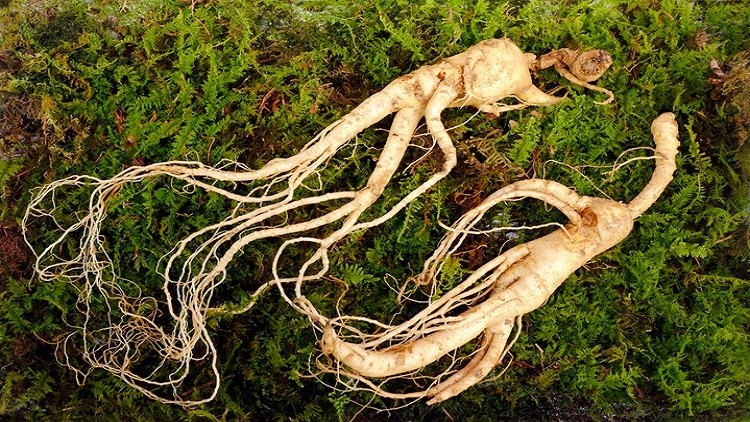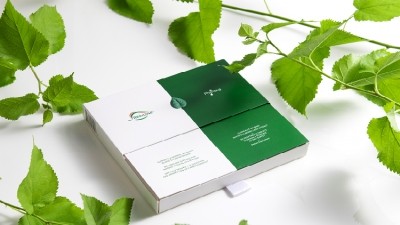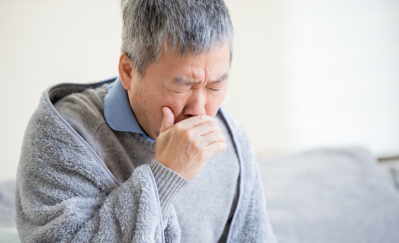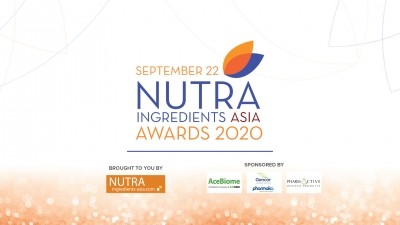Decline in raw ginseng consumption but RTE products still growing in demand: Korea Ginseng Association

The key reasons include the high cost of ginseng products, product taste, and not knowing how to prepare and consume raw ginseng.
“Many people know ginseng is very good for their health, but they say that ginseng is expensive to buy, bitter to eat, and difficult to cook…That’s why they do not buy raw ginseng,” Hye yeon, publicity manager (overseas promotion) said in response to queries from NutraIngredients-Asia.
As such, she said that the association has been promoting ginseng consumption by publicising cooking recipes for preparing ginseng on both social media and TV.
On the other hand, there is still a demand for ready-to-eat red ginseng products.
According to her, Korea Ginseng Corporation is one of the most popular red ginseng brands in the country.
“Most of the Koreans these days prefer to consume ginseng in stick sachet as it is easy to carry the product around,” she said.
The company specialises in the production of red ginseng in ready-to-eat form, such as liquid stick pouch and sweets.
Red ginseng is harvested on the sixth year, which means it is ‘older’ than fresh ginseng and white ginseng which are harvested within four years and between four and six years respectively.
Another difference is that heat processing is required to make red ginseng. It is also this process which turns the roots of the ginseng into red, as well as inactivates its catabolic enzymes, thus restraining its overall deterioration.
The company has also developed red ginseng products with varying degree of bitterness to adapt to different palates.
According to latest statistics from the Ministry of Food and Drug Safety, red ginseng is the biggest health functional foods category in the country, occupying 29.4% of the entire health functional food segment when it comes to market value.
Nonetheless, the market experienced a yoy 13.1% drop in value and was worth about KRW$5.88tr (US$4.9bn) last year.
Ginseng study
A pilot study from South Korea has shown that Korean ginseng could reduce the chance of being infected with acute respiratory illnesses (ARI).
Published in the Journal of Ginseng Research, the research was conducted by the Geumsan International Ginseng & Herb Research Institute and Jeonbuk National University Hospital.
Fourty-five healthy adults, aged 39 to 65, were randomised into three groups. Two groups consumed ginseng while the third group took in placebo.
The two groups consuming ginseng took in different types of ginseng extract. One of which is GINST – a modified ginseng extract that hydrolyses ginsenosides, the active component of ginseng, into pectinase.
The other is GS-3K8, which is a ginseng extract with enhanced PPD-type ginsenoside content.
The GINST product used in the study was made by Ilhwa, a Korean ginseng manufacturer, while GS-3K8 was obtained from the Geumsan International Ginseng & Herb Research Institute.
Subjects from both GINST and GS-3K8 took in 324 mg of the ginseng extracts in the form of a capsule three times a day for 12 weeks.
Lower incidence of ARI
Results showed that subjects in the intervention groups had lower incidence of ARI infection.
For instance, the incidence of ARI in the placebo group was 80% (12 out of 15), but lower at 64.3% (nine out of 14) in the GS-3K8 group, and even lower at 26.7% (four out of 15) in the GINST group.
Even if they were down with ARI, subjects in the intervention groups also suffered from less ARI symptoms. For instance, in both intervention groups, no subjects reported nasal congestion, while six from the placebo group said they experienced nasal congestion.
There was however an exception where six out of nine subjects from the GS-3K8 group said they experienced sneezing, while only three out of 12 from the placebo group experienced the symptom. No subject from the GINST group had the symptom.
“This study provided encouraging results regarding the effects of GSK-3K8 and GINST on the development and symptom duration of ARI.
“The results of this feasibility trial suggest that a full-scale RCT with a sufficient number of participants to achieve statistical power is warranted to demonstrate the protective effects of GS-3K8 and GINST against ARI,” the researchers concluded.
Source: Journal of Ginseng Research
A randomized, double-blind, placebo-controlled pilot study to assess the effects of protopanaxadiol saponineenriched ginseng extract and pectinase-processed ginseng extract on the prevention of acute respiratory illness in healthy people
https://doi.org/10.1016/j.jgr.2019.01.002
Authors: Jeong-Hwan Hwang, Soo-Hyun Park, and et al
We’ll be shining the spotlight on Healthy Ageing in our Growth Asia 2020 interactive broadcast series, featuring expert insights from a host of big-name brands and world-renowned experts.


















